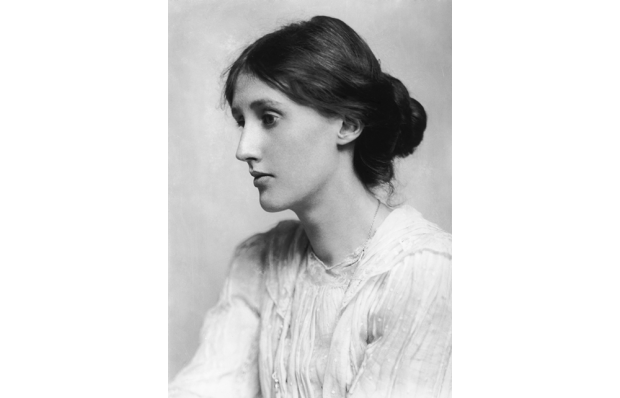‘Dire?’ said my husband. ‘It’s something chronic.’ He was putting on his idea of an Estuary accent, in a manner that might soon be unacceptable. But it is true that everything has been called dire lately, and that’s no small claim. ‘Dreadful, dismal, mournful, horrible, terrible, evil in a great degree,’ was the semantic landscape sketched for the word by Samuel Johnson in his Dictionary.
Already a subscriber? Log in
Subscribe for just $2 a week
Try a month of The Spectator Australia absolutely free and without commitment. Not only that but – if you choose to continue – you’ll pay just $2 a week for your first year.
- Unlimited access to spectator.com.au and app
- The weekly edition on the Spectator Australia app
- Spectator podcasts and newsletters
- Full access to spectator.co.uk
Or
Unlock this article
You might disagree with half of it, but you’ll enjoy reading all of it. Try your first month for free, then just $2 a week for the remainder of your first year.















Comments
Don't miss out
Join the conversation with other Spectator Australia readers. Subscribe to leave a comment.
SUBSCRIBEAlready a subscriber? Log in